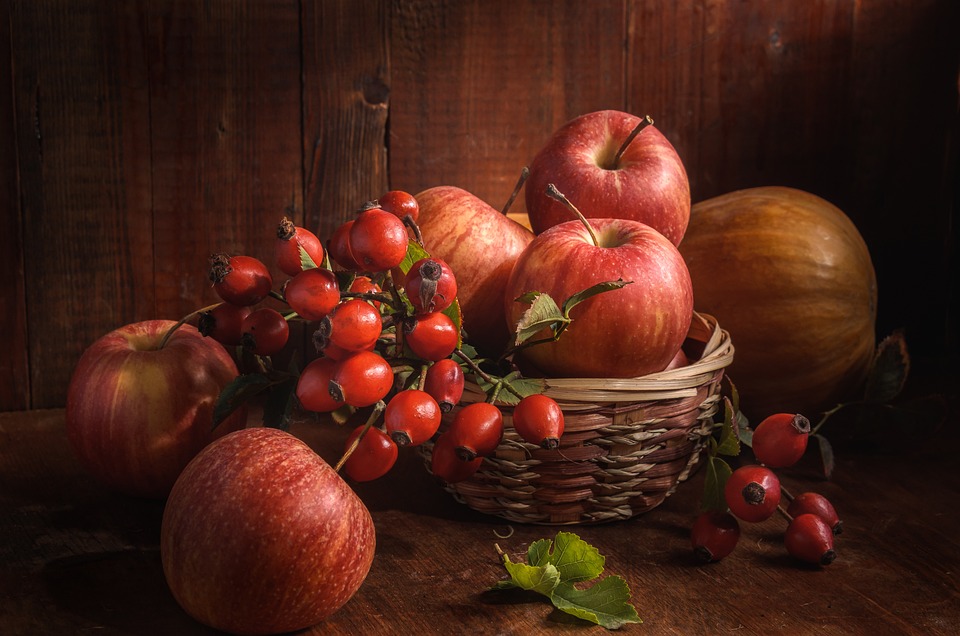Living off the grid has been a life-changing experience for me, and it has opened my eyes to the importance of sustainable farming and gardening practices. As someone who loves to grow my own food and live in harmony with nature, I have seen firsthand the positive impact that sustainable farming can have on the environment. In this article, I will dive into how sustainable farming is not only beneficial for the planet but also for our own health and well-being.
Sustainable farming, also known as regenerative agriculture, focuses on utilizing natural resources in a way that preserves the land for future generations. By using techniques such as crop rotation, composting, and rainwater harvesting, sustainable farmers are able to produce high-quality crops without relying on harmful chemicals and pesticides. This not only benefits the environment by reducing pollution and soil erosion but also results in healthier and more nutrient-rich produce for consumers.
One of the key principles of sustainable farming is biodiversity. By planting a variety of crops and incorporating native plants into their farms, farmers can create a balanced ecosystem that supports a wide range of pollinators and beneficial insects. This not only helps to control pests naturally but also improves soil fertility and overall crop yield. Additionally, by avoiding monoculture farming, sustainable farmers are able to reduce the risk of crop failure and adapt to changing environmental conditions more effectively.
In addition to promoting biodiversity, sustainable farming also emphasizes conservation and resource efficiency. This includes practices such as using cover crops to prevent soil erosion, implementing water-saving irrigation techniques, and recycling organic waste into compost. By minimizing waste and maximizing the use of natural resources, sustainable farmers are able to reduce their carbon footprint and protect the environment for future generations.
One of the most exciting developments in sustainable farming is the growing popularity of permaculture. Permaculture is a design system that mimics the patterns and relationships found in nature to create sustainable and self-sufficient ecosystems. By integrating elements such as vegetable gardens, fruit trees, and livestock into a cohesive and harmonious system, permaculture farms are able to produce a diverse range of food products while minimizing waste and maximizing efficiency.
Pro Tip: When starting your own sustainable farm or garden, be sure to conduct a soil test to determine the nutrient levels and pH balance of your soil. This will help you make informed decisions about fertilization and soil amendments, leading to healthier and more productive crops.
By growing greener with sustainable farming practices, we can all play a role in protecting the environment and promoting a healthier and more sustainable food system. Whether you are an experienced farmer or a novice gardener, there are plenty of ways to incorporate sustainable principles into your own growing practices. From composting kitchen scraps to planting pollinator-friendly flowers, every small step towards sustainability makes a big difference in the long run. So let’s roll up our sleeves, dig in the dirt, and grow greener together for a brighter and more sustainable future.



